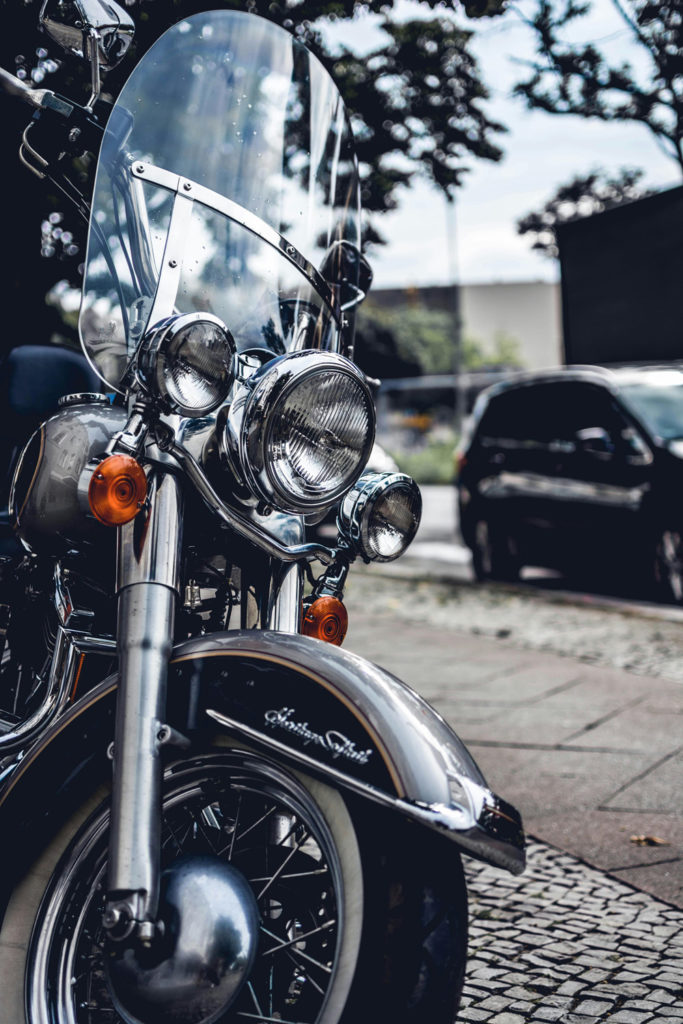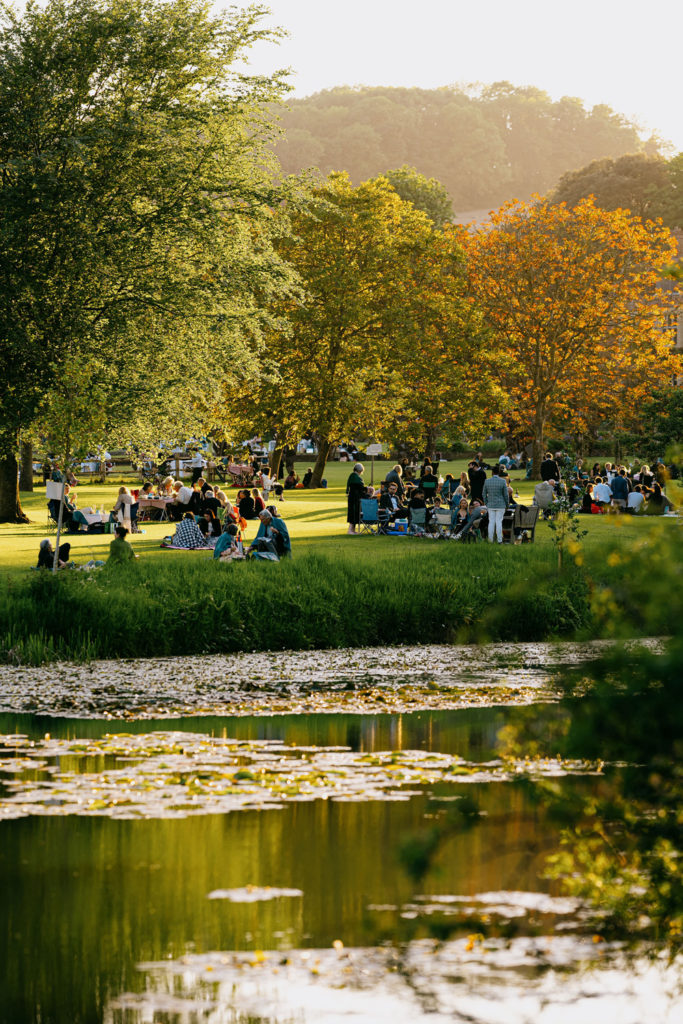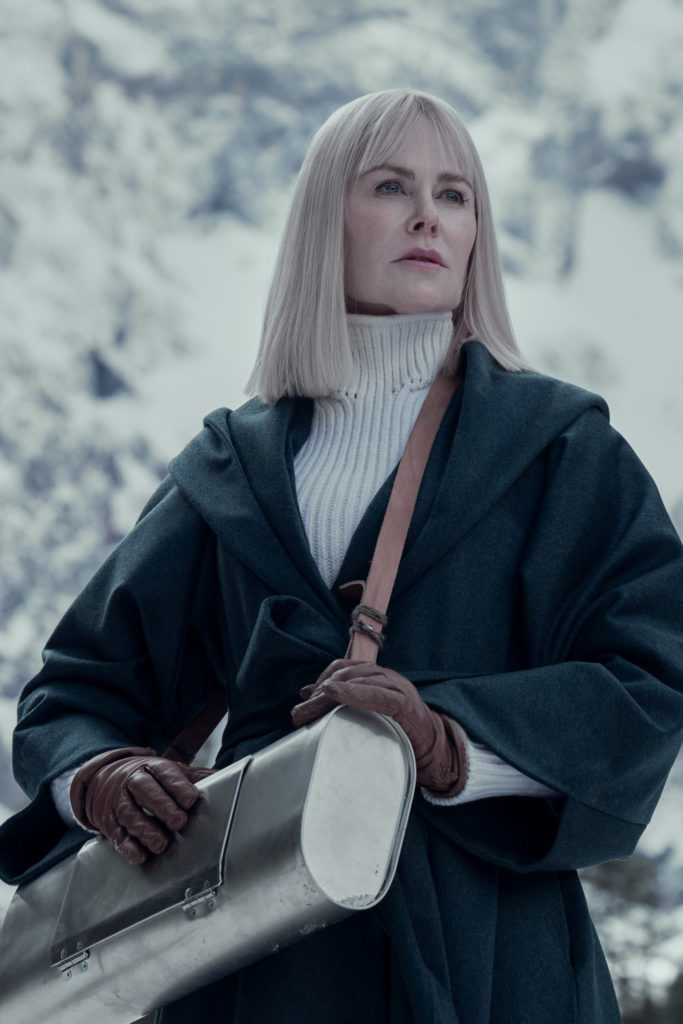My Little Green Book: Tessa Clarke, Co-Founder Of Olio
By
1 year ago
The app is helping to reduce food waste
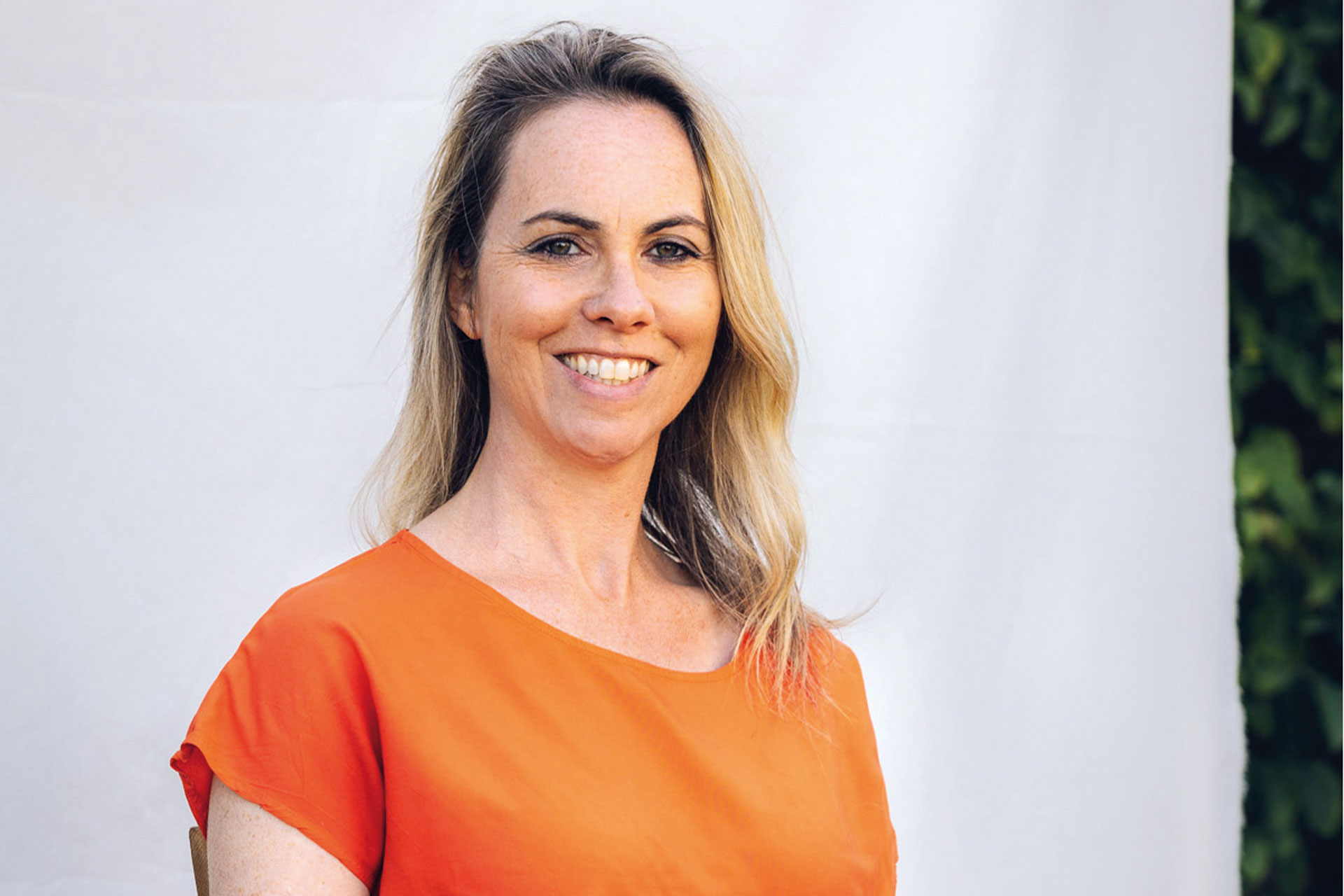
Lisa Grainger meets the co-founder of the Olio app, Tessa Clarke, who is leading the charge against food waste.
Interview: Tessa Clarke, Co-Founder of Food Waste App Olio
If any young woman needs a kick-ass, inspirational, no-nonsense role model to look up to, they could start with Tessa Clarke. The 47-year-old co-founder of the sharing app Olio didn’t grow up in a business world. Her family are Yorkshire dairy farmers, and have been for generations. And very few women in her area had formal jobs. ‘There was perhaps a nurse, or a vet, or a school teacher. Definitely no entrepreneurs,’ she laughs.

Martin Duke Photography
Like many school leavers, she had no idea what to do. At Cambridge, she studied social and political sciences, and afterwards became a management consultant, moving between retail and media and financial services. It was only when, on a leadership course, she realised that, ‘when I looked at my own CV and career, I was sick and tired of not being inspired by myself’. So in 2002 she took herself to Stanford to do an MBA, re-thought her career – and realised she’d made one essential mistake. ‘I thought that to be successful you had to have a great idea,’ she says. ‘Then I realised that you didn’t. You just had to look for a problem you wanted to solve.’
In a time of climate crisis, there are plenty of problems – one of the most obvious being the amount of waste the world is generating, particularly of food. So, with her fellow Stanford MBA collaborator, Saasha Celestial-One (given her surname by her hippy parents), whom Tessa describes as ‘one of the brightest, shiniest, most optimistic people you could hope to meet,’ she came up with the idea of an app from which you could share food that you didn’t need. And in 2015 they launched it.
When they looked at the statistics, she says, ‘it blew our brains. A third of all food gets thrown, worth over a trillion US dollars a year. Yet the 800 million who go to bed hungry could be fed on just a quarter of the food waste of the Western world.’
Even worse, she says, ‘if you compare the emissions generated by food waste, if it was a country, it would be the third largest producer of greenhouse gases after the USA and China: more than the fashion industry, multiple times more than the aviation industry. But no one is talking about it.’
Their app, Olio, is a simple solution. You log on. You list the things you don’t want to keep. And someone else who does want it comes to get it. The app has been so successful that it’s now used by big brands from Tesco and Iceland to university canteens and film-set locations, whose produce is collected by Olio volunteers, who then distribute it in their communities.
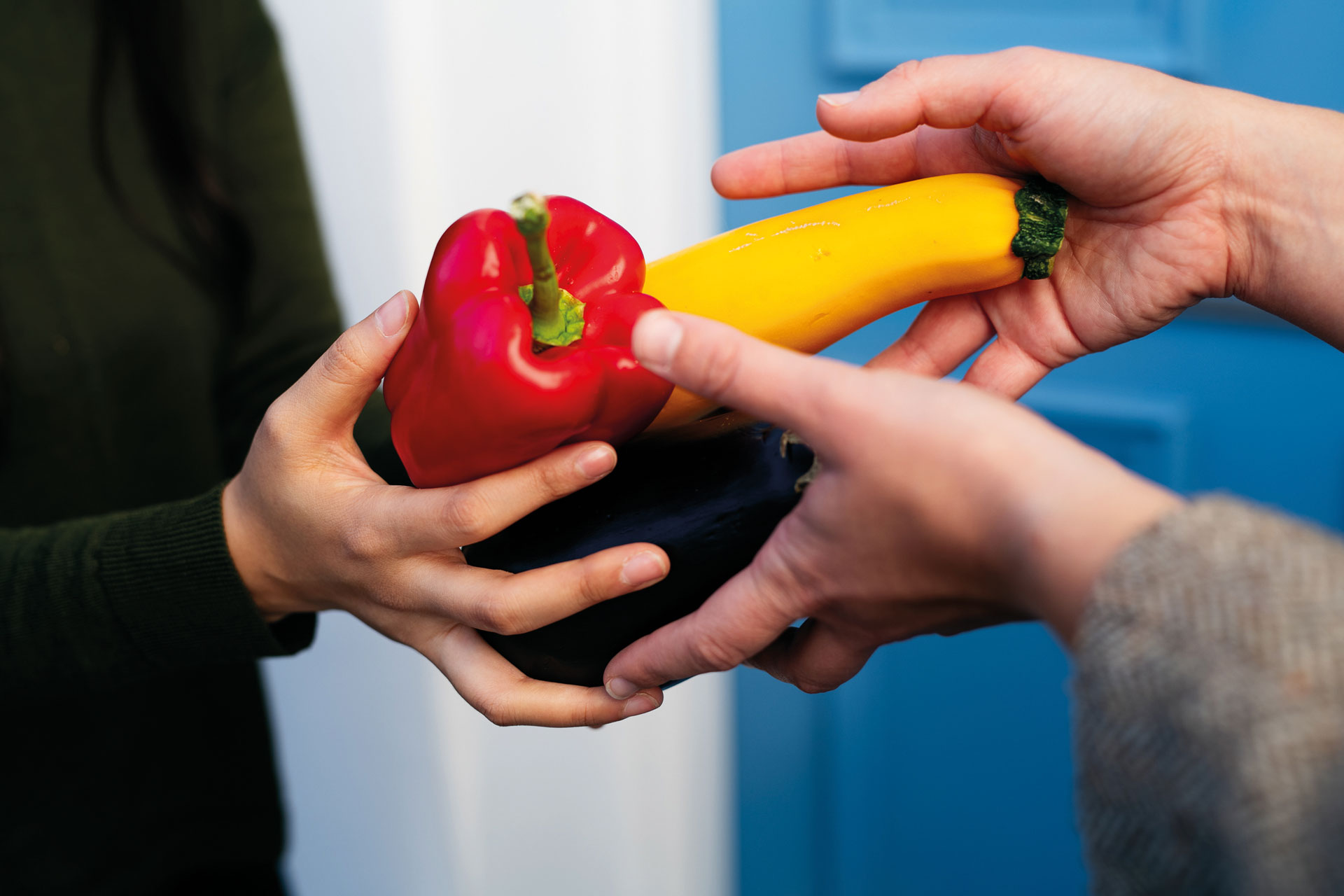
Annabel Staff for Olio
The figures are staggering: so far, the app has enabled 30 million neighbourhood pick-ups and 143 million portions of food to be shared, been used by over seven million people (half in the UK, half in 60 other countries), and has 56,000 ambassadors, who help spread the word, so everyone in their communities can be helped, or can help.
Not only does that mean less food is wasted, Tessa says. But the environmental impact is enormous: it’s been the equivalent of half a billion car miles off the road and over 20 billion litres of water (to produce an apple takes 70 litres of water).
More than that, she says, it’s had a really positive psychological impact on its users. ‘Most people are waking up to the fact the climate crisis is real but don’t know where to start to take action. Food waste is the biggest lever you have – because household waste is the source of 65 percent of greenhouse gases. And the government is doing the square root of f*** all. So to be able to do something is massively empowering. If you feel you’re consuming more responsibly you feel happier. You’re linked to your community. And it feels good to share.’
During the cost of living crisis, she says, the app has been a lifeline for many families – who take when they need to, and give when they can. And now it’s not only food that can be shared – but goods, which you can sell. ‘We all know that one person’s trash is another’s treasure,’ she says. ‘And in a typical household, there are over a billion items within a ten-minute walk. No one should be going without.’

